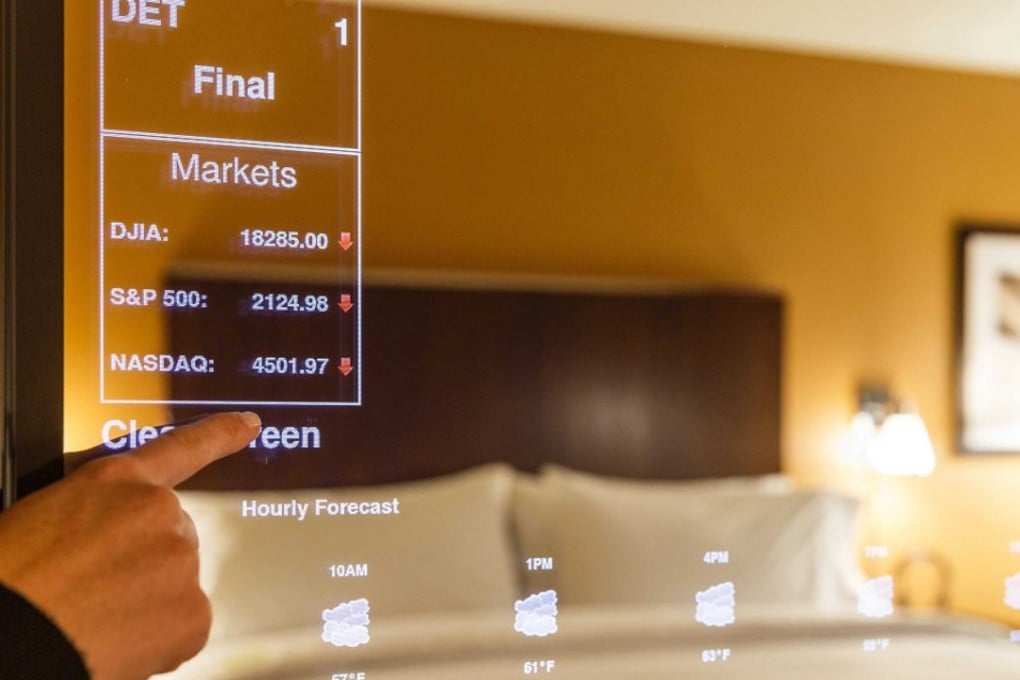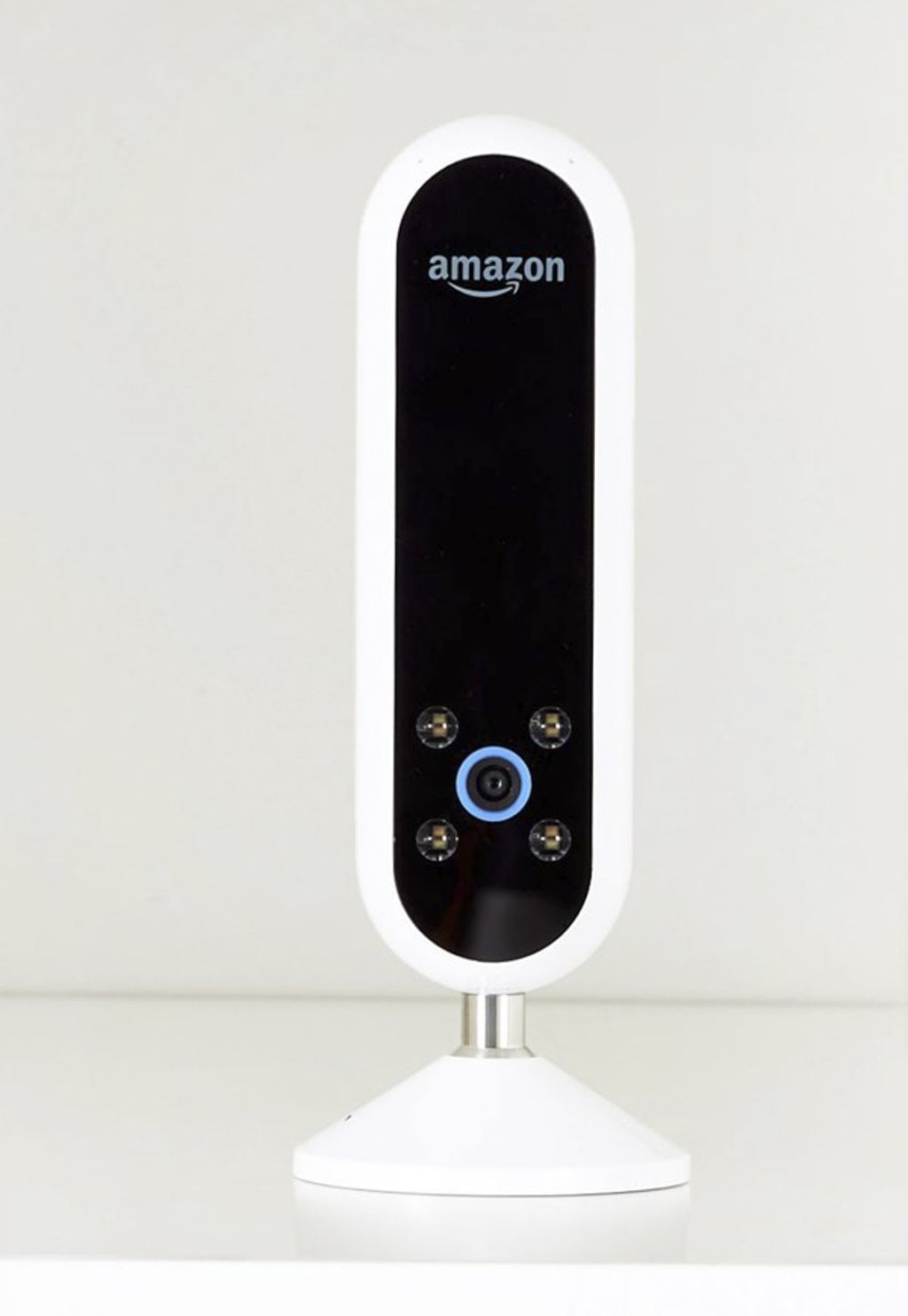How ‘smart’ speakers and facilities could change China’s hotel industry for good
After forming a joint venture with Marriott International in August, Alibaba’s voice-activated smart speakers are going to be installed in 100,000 hotel rooms, and that could just be for starters

Hotels across China are set to become the latest frontier for voice-activated technologies, with e-commerce giant Alibaba Group now planning to equip 100,000 hotels rooms with smart speakers, which it claims will provide Chinese tourists better levels of hospitality, albeit it with less of a human touch.
The e-commerce giant’s online travel unit Fliggy (formerly Alitrip), plans to provide hands-free speakers, which can provide services controlled only by the sound of a voice, to allow guests to turn on lights, for instance, change television channels, book taxis and order room service.

The move is ultimately part of a broader effort by Alibaba, and other Chinese technology firms, to upgrade many more thousands of traditional hotels, with new technology-enabled smart solutions.
This year a wave of manufacturers have announced plans to incorporate voice activation into everything from refrigerators and vacuum cleaners, to televisions and even cars.
So far, the most-recognised global market leader for speaker-activated technology is the Amazon Echo speaker, which debuted in late 2014.